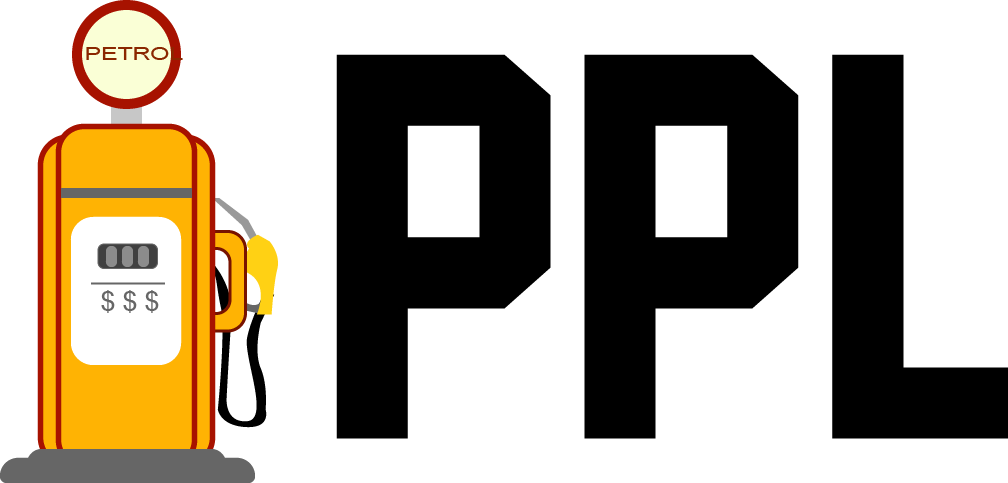
Insurance is essential for protecting finances, assets, and future against unexpected events. A formal understanding between an insurance provider and an individual that necessitates payment of a premium for coverage against losses like property damage or injury.
Insurance provides an important benefit by protecting against financial loss, as it can alleviate the costs of paying for damages or losses. The knowledge that insurance provides can help individuals make more informed decisions. Many significant life events, like buying a house or a car, necessitate insurance and aid in managing risks in personal and professional domains.
Consequences For Not Being Insured
Unexpected losses can have a significant impact on individuals who do not have insurance. The financial responsibility of an accident or emergency can be overwhelming for those without insurance.
Unexpected losses can be financially crippling for individuals without insurance, putting them at risk of financial hardship and insecurity. The absence of insurance may cause legal repercussions in certain situations.
Many states require having car insurance as a legal requirement for driving on public roads. It’s critical to maintain proper auto insurance coverage while driving as not doing so can result in legal issues and financial hardship.
The absence of insurance coverage may lead to homeowners being held accountable for injuries and associated costs from incidents on their property. Those without insurance may face barriers in obtaining necessary medical treatment.
Without health insurance, medical expenses can be excessively costly, posing challenges in accessing proper healthcare. This can lead to serious hardship, including physical health concerns and financial instability.
Not having insurance can result in significant and enduring consequences. Investing in suitable insurance policies is necessary to secure your belongings and your well-being. Insurance may appear superfluous, but its ability to safeguard you financially and emotionally from unforeseen losses is priceless.
Higher Healthcare Costs For People Without Insurance
Uninsured individuals may delay seeking medical attention until their health problems become severe, resulting in more expensive and extensive medical treatments. Not having insurance means individuals may need to pay for their medical expenses in full, resulting in financial challenges.
Also, lacking insurance means individuals may not benefit from the reduced rates that insurance providers negotiate with healthcare professionals. The consequences of not having insurance extend beyond just healthcare costs. You could be accountable for paying the complete costs of damages, which includes medical expenses and property destruction.
Financial strain and health complications are possible outcomes of not having insurance, which can lead to significant stress and hardship. Having insurance is crucial in safeguarding oneself and loved ones from potential consequences.
Uninsured individuals in the US often face higher healthcare costs, as per research. A higher incidence of preventable ailments resulting in hospitalization is observed in individuals without healthcare coverage, as per the National Institute of Health.
The Annals of Internal Medicine has published a study that demonstrates how uninsured patients are financially impacted when seeking medical services. The Kaiser Family Foundation’s report states that in 2019, an uninsured person’s hospitalization cost was around $23,000, while someone with private insurance paid $10,000 on average.
The Affordable Care Act (ACA) has taken steps towards decreasing the amount of uninsured individuals; however, it is crucial for people to have health insurance to guarantee medical access and evade excessive hospital fees.
The Impact Of High Healthcare Costs On Personal Finance
Research indicates that uninsured individuals often face difficulty affording necessary medical care due to high healthcare costs. The National Institute of Health report suggests that basic healthcare services can prevent hospitalization for avoidable ailments, which uninsured individuals are prone to.
The Annals of Internal Medicine conducted research demonstrating that people without insurance typically pay more for medical services. The average hospital stay for uninsured individuals is significantly more expensive.
The ACA has put in place initiatives to reduce the number of uninsured individuals in America. Access to necessary medical care and avoiding high medical bills is a key reason why individuals should secure health insurance coverage.
Common Unexpected Events That Can Lead To Financial Strain
Unanticipated situations like a medical crisis, loss of employment, natural calamities, car collisions, or home repairs can result in financial burden. Without adequate savings or insurance, these events can quickly become overwhelming.
Sudden unemployment can lead to financial difficulties, such as difficulty in meeting financial obligations or basic living expenses. Major medical emergencies can result in substantial financial stress, with expensive treatment and ongoing care requirements. Natural disasters can cause individuals to face unexpected expenses that can lead to financial strain.
Car accidents can result in significant financial obligations for medical bills and vehicle repairs, and home maintenance or improvement can also be a costly endeavor. Preparing in advance, setting aside emergency funds, and obtaining insurance coverage are crucial to safeguarding oneself against unforeseen events.
Insurance Can Help Mitigate Costs During Unexpected Events
Insurance can offer a financial buffer for unforeseen circumstances that may cause financial hardship. The costs of medical treatment can quickly become unaffordable without insurance.
Having homeowners insurance can provide financial assistance in the event of a natural disaster damaging one’s home. Car accidents are another example of an unexpected event that can lead to financial strain. The financial responsibility of an accident can fall on the individual found at fault, which may include paying for the other driver’s car repairs and medical bills.
Insurance can help individuals manage the financial risk associated with unpredictable events. It’s crucial to check insurance policies regularly to guarantee sufficient and current coverage and consider getting more insurance to reduce particular risks.
Not Having Insurance Can Impact The Economy
The economic impact of uninsured individuals can be compounded by the cost of emergency care and hospital visits. Uninsured individuals may encounter challenges paying for medical bills, leading to medical debt.
The financial burden of medical debt can lead to decreased spending and investment, ultimately impacting the overall economy. The financial burden of uninsured individuals can ultimately impact the cost of healthcare for the entire community.
The absence of insurance can create a chain reaction on the economy. Having insurance can help to mitigate these costs and ensure individuals receive necessary medical care without causing undue financial strain.
Uninsured Individuals Contribute To Higher Healthcare Costs For The Whole Economy
People without insurance may postpone necessary medical care due to the expense, leading to untreated health conditions. Delaying medical care due to cost can result in individuals experiencing more severe symptoms.
When emergency care is sought, hospitals must absorb the cost, which can increase healthcare expenses and insurance premiums for everyone. Uninsured individuals may not have the resources to prioritize or access preventive care measures, increasing the risk of preventable illnesses and chronic diseases.
The economic impact of uninsured individuals goes beyond just healthcare costs. Medical debt can lead to bankruptcy for individuals and financial strain for healthcare providers and hospitals.
The absence of insurance coverage can cause financial stress that extends beyond medical expenses and affects housing and food security. The availability of affordable healthcare and insurance should be accessible to everyone.
Uninsured individuals in the US often resort to emergency room care, resulting in elevated healthcare expenses for all. A Health Affairs study has shown that uninsured individuals put a financial burden on hospitals by utilizing emergency room services in the US.
The costs of medical care for uninsured individuals can impact the healthcare expenses of insured patients. The economy may experience a domino effect due to this, with healthcare providers and hospitals cutting back on services or personnel to offset the expense of unpaid care.
Not having insurance can prevent individuals from accessing important healthcare information, leading to uninformed healthcare decisions. Insurance coverage is vital in mitigating medical costs and ensuring individuals receive necessary medical care without financial constraints.
